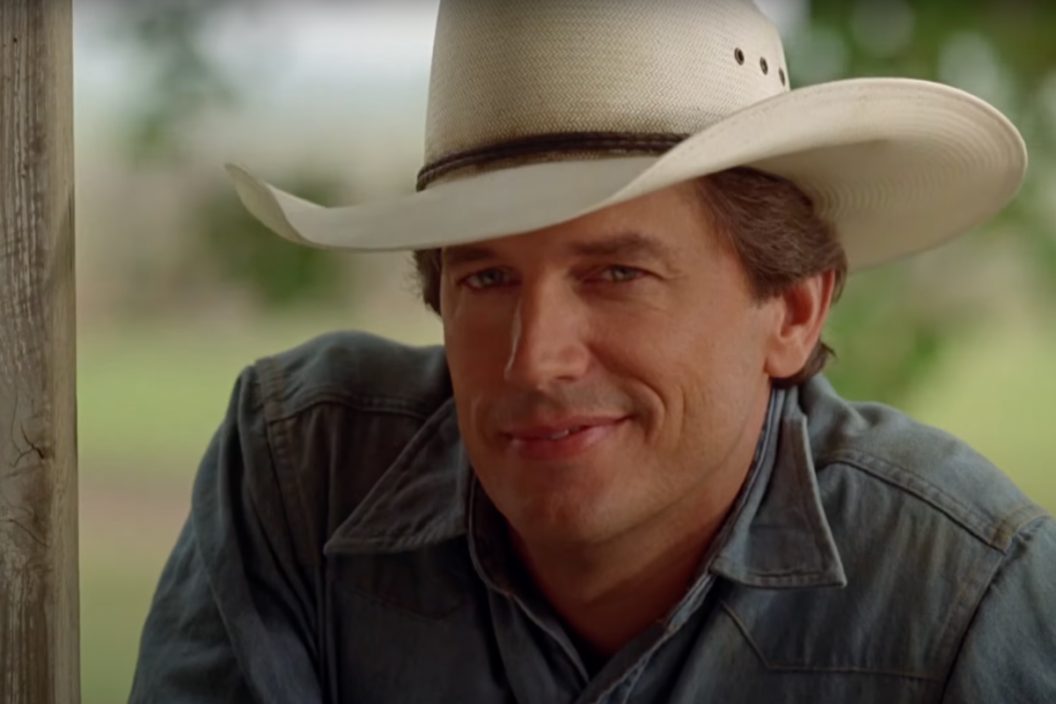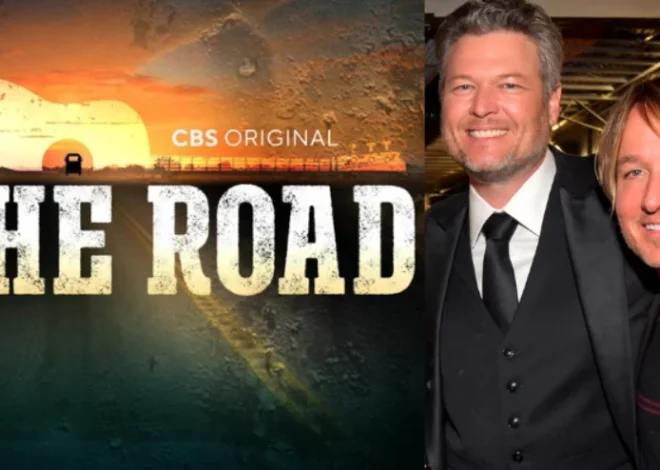
George Strait – When Silence Becomes a Statement
George Strait Didn’t Leave the American Music Awards to Make Headlines — He Did It to Make a Point.
He didn’t raise his voice. He didn’t call anyone out. But when George Strait quietly stepped away from the American Music Awards after watching the “Best Country Female Artist” award handed to the wrong name — one that didn’t reflect the heart and roots of true country — it sent shockwaves through Nashville.
“It’s not anger,” Strait later said. “I just can’t stomach it. Country isn’t something you buy. It’s something you live.”
That statement wasn’t made for applause — and certainly not for attention. It was a quiet stand from a man who has built a career on not chasing trends, on not needing to explain himself. It wasn’t about ego. It wasn’t even about him. It was for artists like Lainey Wilson, who write and sing from the soul — not for clicks, not for headlines, but for healing, for truth, for country.
That’s who George Strait has always been.
He never borrowed country. He never imitated it.
He is country.
“If I Know Me”: The Song That Understood Him Better Than Anyone
On March 12, 1991, George Strait released a song that felt less like a new hit and more like a personal truth: “If I Know Me.” Tucked into his eleventh studio album, Chill of an Early Fall, the track may not have sounded revolutionary — but it was quietly powerful in a way only Strait could pull off.
Written by two of country’s most emotionally intelligent storytellers, Pam Belford and Dean Dillon, the song takes listeners into a place of intimate vulnerability. It’s about the push and pull between pride and the longing for someone who once held your heart. The lyrics are simple: a man walks away after a fight, thinking he’ll never look back — but deep down, he knows himself too well. He’s coming home. He always does.
Strait doesn’t belt. He doesn’t cry. He lets the lyrics breathe. And in doing so, he pulls the listener in like an old friend — someone who’s been there, who knows the ache, the stubbornness, and the quiet surrender that comes with love.
The public felt it, too.
“If I Know Me” shot to the No. 1 spot on both the U.S. Billboard Hot Country Singles & Tracks chart and Canada’s RPM Country Tracks chart, becoming Strait’s 21st chart-topper. It reasserted his uncanny ability to tap into timeless human emotions — without ever needing to shout.
A Music Video That Mirrors the Man
The music video, directed by Bill Young, matched the tone of the song with artistic restraint. Shot at San Antonio’s Black Swan Inn — a location known for its haunting beauty — the video leans into subtlety. No flashing lights. No dramatic plot. Just quiet, thoughtful imagery: dim lighting, slow movements, moments of reflection. It’s not just a video; it’s a visual sigh — soft, understated, and hauntingly familiar.
More Than a Song — A Legacy
More than three decades later, “If I Know Me” continues to resonate with anyone who has ever driven away from someone they love, only to find that the road always leads back. It’s not just a breakup song. It’s a song about self-awareness. About the battle between who we want to be, and who we are. About how sometimes the bravest thing isn’t walking away — it’s coming back.
In today’s fast-paced country scene — where producers chase TikTok trends and headlines often matter more than harmony — this song stands as a quiet rebellion. A reminder that authenticity will always outlast popularity. That subtlety, when real, speaks louder than hype.
And George Strait? He never needed a viral moment. Never needed controversy. His music did the talking.
He didn’t build a throne. He just was the King — by living country, not performing it.




